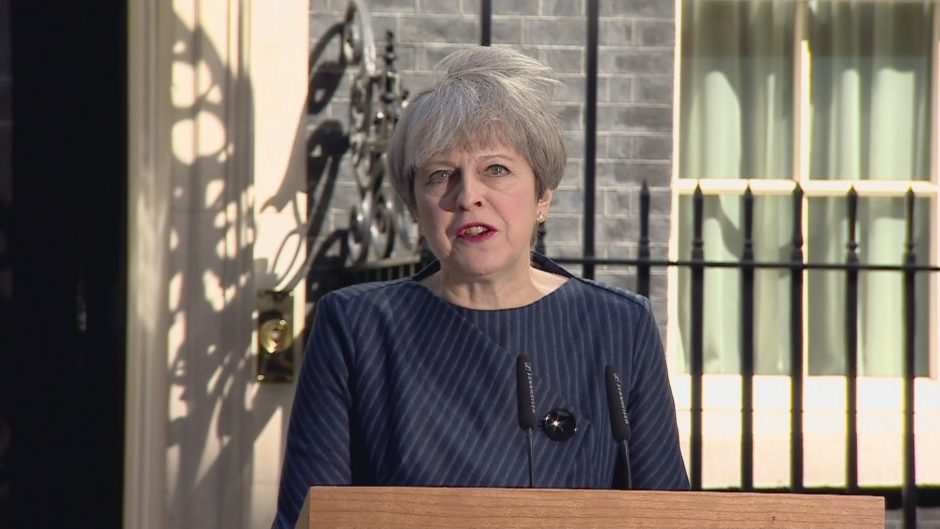With Britain having been bloodied by three terrorist incidents in the past two-and-a-half months, British Prime Minister Theresa May may be finally coming to grips with a problem that has been festering for years.
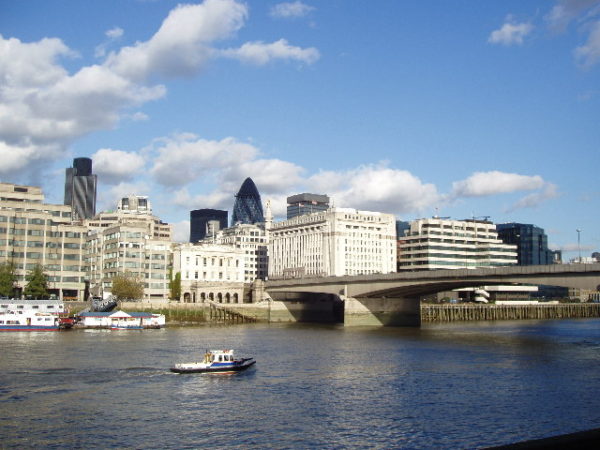
Speaking less than a day after Muslim terrorists rammed their van into a crowd of pedestrians on London Bridge and then embarked on a murderous rampage in a nearby market, May announced that her government would step up counter-terrorism efforts to deal with the epidemic of violence committed by jihadists.
“There is, to be frank, far too much tolerance of extremism in our country,” she declared, implying that the government has been lax in addressing this dangerous phenomenon.
It may not be politically correct to dwell on the ethnic or religious identity of the perpetrators, who’ve killed 34 people in Britain since March. But the troubling truth should not be swept under the rug.
The unadorned fact is that all the attackers have been radicalized Muslims or converts to Islam. This should be a reason for both concern and reflection.
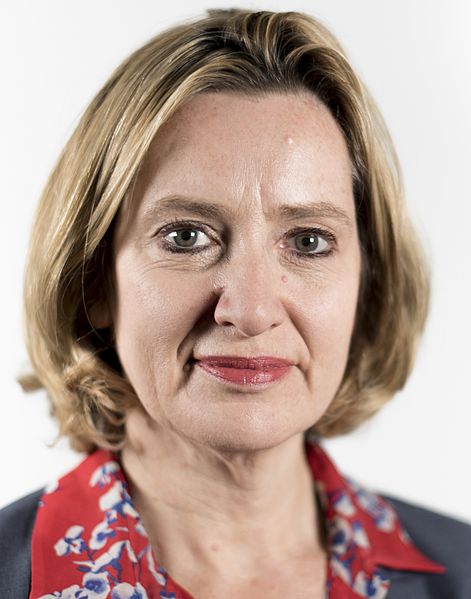
The three assailants who killed seven people during the attack on the London Bridge and Borough Market on June 3 were described as “radical Islamist terrorists” by Home Secretary Amber Rudd. The men in question were Khuram Shazad Butt, a 27-year-old British citizen born in Pakistan; Rachid Redouane, 30, an Arab of Moroccan and Libyan descent, and Youssef Zaghba, 22, a Moroccan holding Italian citizenship.
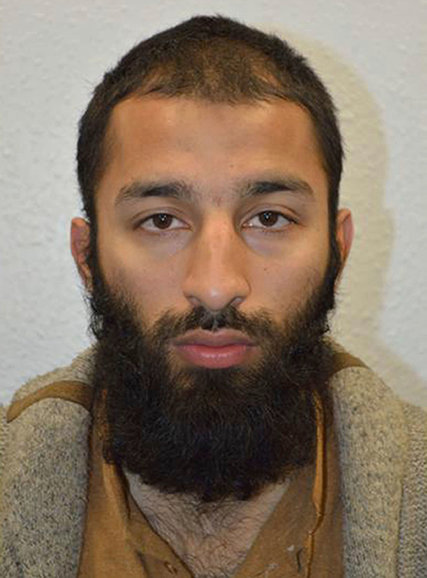
Salman Abedi, a 22-year-old Briton of Libyan ancestry, was the suicide bomber who killed 22 people in Manchester on May 22 when he blew himself up following an Ariana Grande concert.
Khalid Masood, a British convert to Islam, carried out the Westminster Bridge attack on March 22. After ploughing his car into a group of pedestrians, killing four, he fatally stabbed a police officer.
What’s particularly disturbing about these incidents is that most of the attackers were British nationals. Although they were born or brought up in Britain — which is home to 2.7 million Muslims — they were profoundly alienated from its core values and norms.
The vast majority of Muslims in Britain, their private beliefs notwithstanding, are law-abiding citizens who condemn terrorism. A small minority of Muslims, however, appear to subscribe to Salafist ideas and scoff at coexistence in a multicultural society.
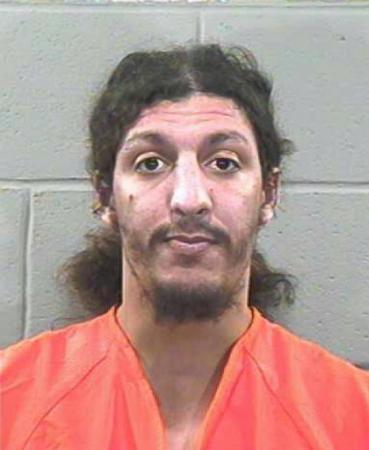
Richard Reid, the notorious Shoe Bomber, comes immediately to mind. A British citizen, a convert to Islam and a member of Al Qaeda, he tried to bring down an American Airlines passenger plane en route from Paris to Miami in 2001.
In 2003, two British nationals of Pakistani descent, Asif Muhammed Hanif, 22, and Omar Khan Sharif, 27, arrived in Israel, via Jordan, as suicide bombers. Hanif detonated his explosives vest at Mike’s Place, a restaurant on the Tel Aviv sea front near the U.S. embassy. The blast killed three people and wounded many more. Sharif fled the scene, his bloated corpse found floating in the Mediterranean Sea two weeks later.
On July 7, 2005, London’s transit system was rocked by loud explosions set off by four terrorists. The bombings killed 52 people riding subway cars and a double-decker bus. Three of the bombers, including Mohammed Sidique Khan, were the sons of Pakistani Muslim immigrants. The fourth, a convert to Islam, was born in Jamaica.
In 2010, Roshonra Choudhry, an Islamic fundamentalist born and raised in Britain, attempted to assassinate a British member of parliament, Stephen Timms. She had come under the influence of the radical preacher Anwar al-Awlaki, an American of Yemenite descent.
Three years ago, police busted a plot by Islamic radicals to indoctrinate students in Birmingham schools.
More recently, a British Muslim lawyer, Anjem Choudary, was sentenced to five years and six months in prison for having helped recruit young Muslim men to the ranks of Al Qaeda and Islamic State.
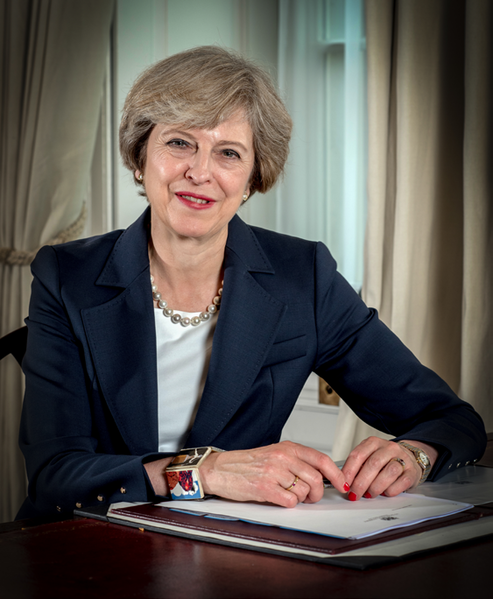
Islamic radicalism poses a threat to Britain, but as May suggested the other day, the British government can only successfully confront this corrosive ideology by adopting fresh and vigorous strategies.
As May indicated, Muslim communities in Britain must do a much better job of policing themselves by showing zero tolerance for extremism and excommunicating extremists. Radical imams must be sacked or deported. The curriculum in Islamic schools must be purged of questionable or incendiary material.
The internet will have to be tightly regulated so that jihadists do not have free reign on services like FaceTime and WhatsApp and on social media. Technology companies should work with law enforcement to purge online extremism.
Police forces and intelligence services should be granted sufficient freedom to investigate and destroy jihadist cells. At present, 3,000 people in Britain are under surveillance for jihadist activity, while another 500 are the objects of active investigations. The fine balance between civil liberties and security should be observed whenever possible.
Prospective immigrants should be subjected to extreme vetting, not only in Britain but in all countries that Islamic radicals have targeted. U.S. President Donald Trump erred when he banned the entry of visitors from seven Muslim-majority countries. This edict should apply to all nations.
In this day and age, when so much uncertainty and chaos prevail, world leaders have a duty and an obligation to protect their citizens from bloody-minded terrorists.
